
Cannes movies Triangle of Sadness and Armageddon Time critique privilege, using vomit and Trumps.
SlateMounting a critique of privilege at a film festival is inevitably an exercise in friendly fire. As one critic for Slate France put it, en français, “I haven’t seen that much vomit since Jackass 3D.” The BBC’s review wondered if Triangle of Sadness might be “the most disgusting film of 2022”—this in the same week as the debut of a new body horror film from David Cronenberg—but they meant it as a compliment. Although a handful of boos got the movie labeled “divisive”—the ideal result for a director whose brand is as a provocateur—it still seems, days later, a leading contender for the festival’s top prize, the Palme d’Or. The closest it comes to self-reflection is when Woody Harrelson’s yacht captain, a drunken leftist who screams quotations from Karl Marx and Edward Abbey during an argument, admits he can’t be a good socialist, because “I have too much stuff.” By contrast, perennial Cannes favorite James Gray, back at the festival for his fifth time, is everywhere in Armageddon Time, the semi-autobiographical story of a kid from Queens whose blue-collar family’s social aspirations lead them down an ultimately monstrous path. At the press conference for Armageddon Time, Gray was blunt about the film’s subject: “It’s impossible to look at the world,” he said, “and not see white privilege as one of the guiding mechanisms that are in existence.” But the industry bible Variety speculated that the movie’s depiction of “racial inequalities” might “turn off awards voters,” and the Hollywood Reporter said that its post-premiere ovation lasted a scant four minutes.
History of this topic
)
Triangle of Sadness is at its best when it is mischievous
Firstpost
Triangle Of Sadness movie review: Ruben Östlund's absurdist comedy hits the mark with its commentary on money and power
Hindustan Times
Triangle of Sadness director Ruben Östlund interview: ‘One of the richest people in France said my new film is too simple’
The Independent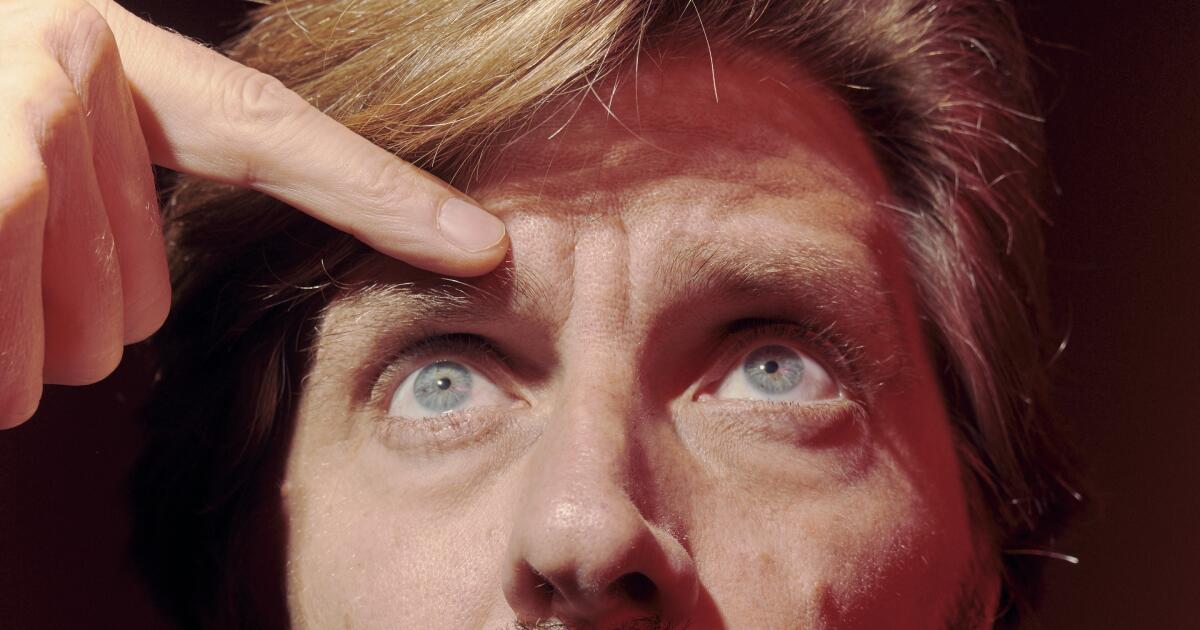
Unpacking the wild twists, excessive vomit in ‘Triangle of Sadness’: ‘Maybe it was too much’
LA Times
In ‘Triangle of Sadness,’ strained satire, and vomit, on the high seas
LA Times
Review: A spiky social satire in ‘Triangle of Sadness’
Associated Press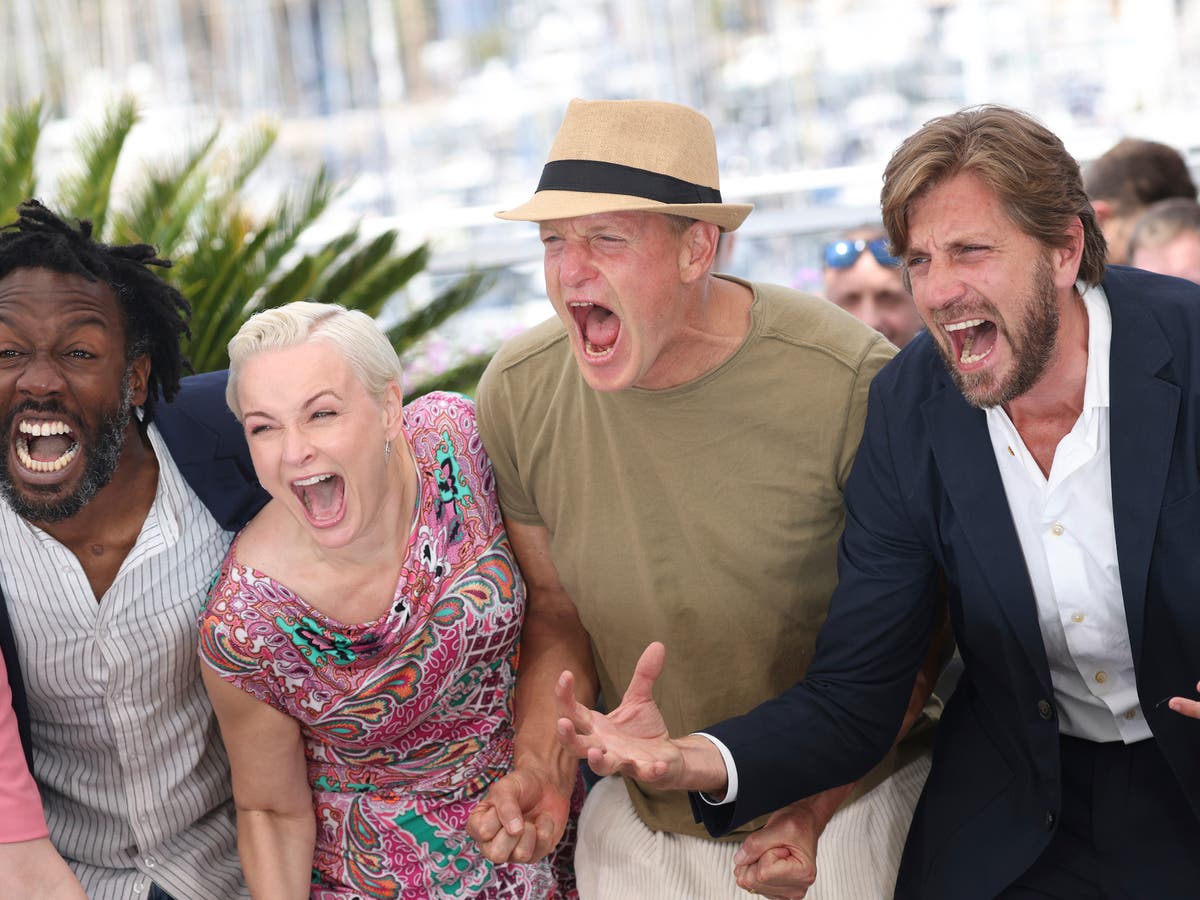
Triangle of Sadness: Woody Harrelson’s biting satire about the ultra rich wins Palme d’Or at Cannes
The Independent
‘Triangle of Sadness’ wins Palme d’Or at Cannes Film fest
Al Jazeera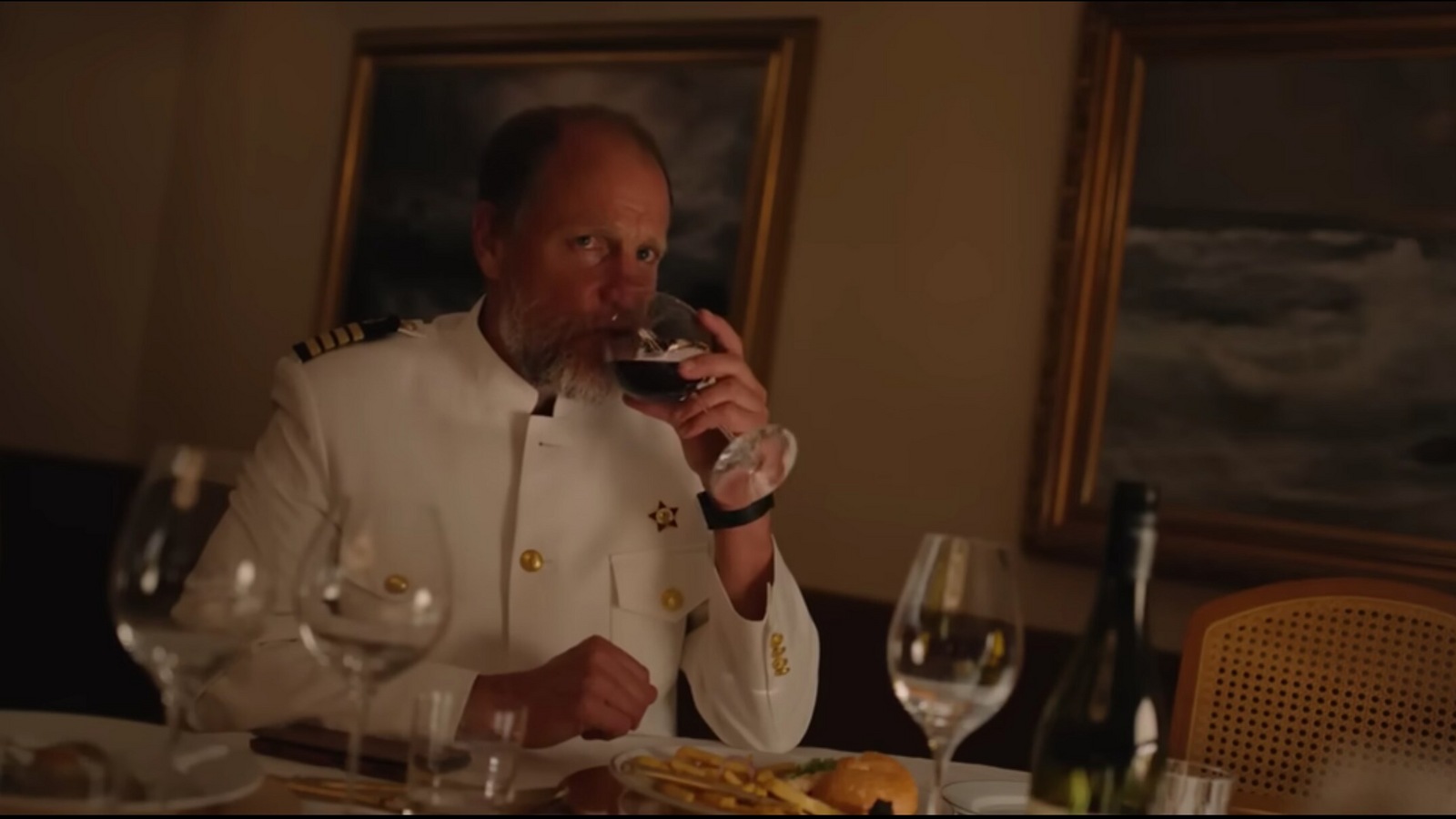
Cannes 2022: Triangle of Sadness is a frontal attack on the super-rich
Hindustan Times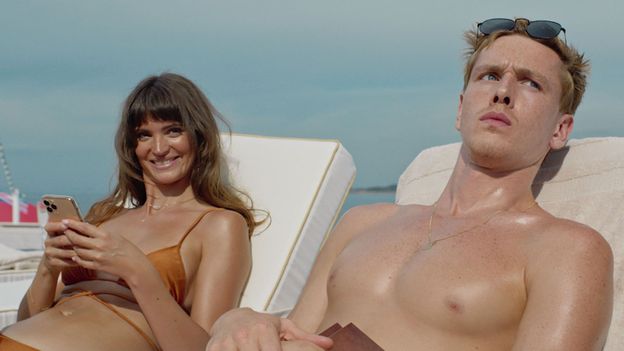
Triangle of Sadness review: The most disgusting film of 2022?
BBC
‘Triangle of Sadness': Biting social satire delights Cannes
Associated PressDiscover Related
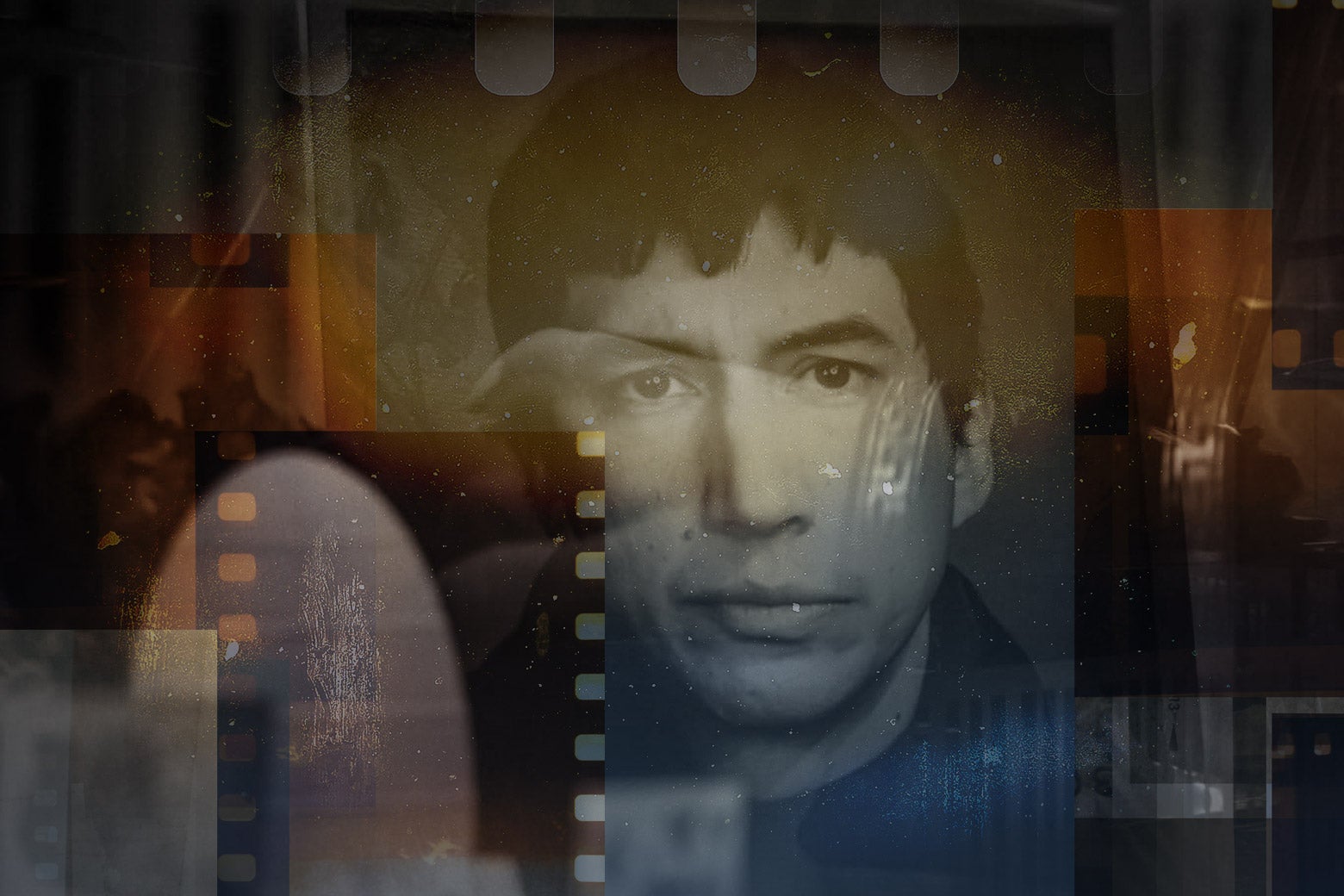

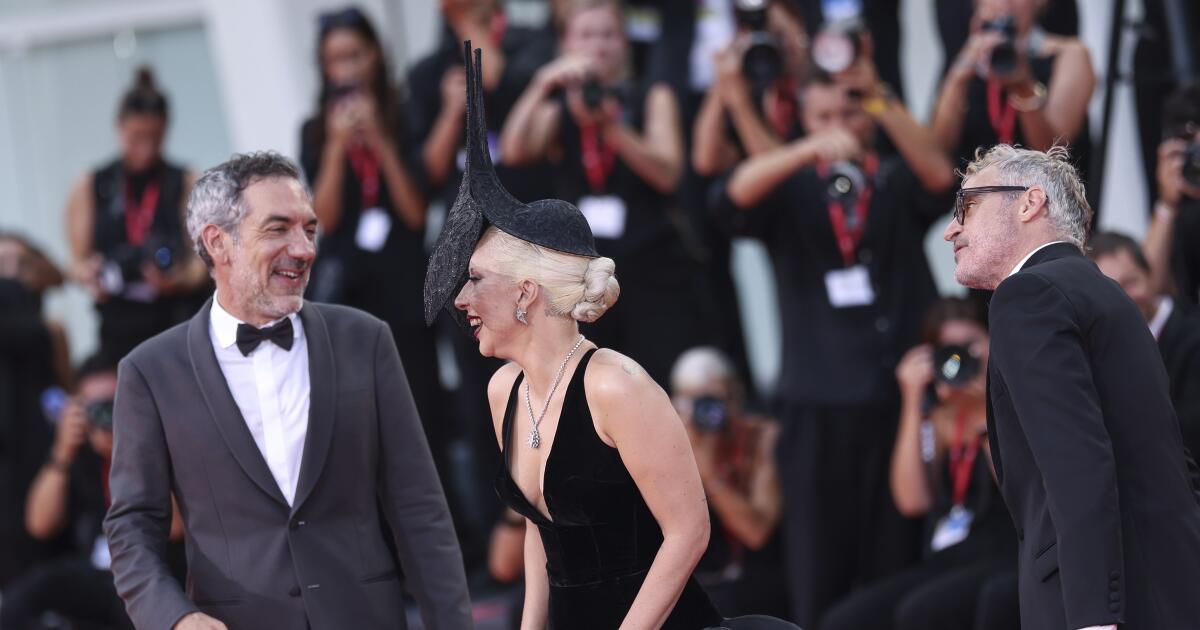
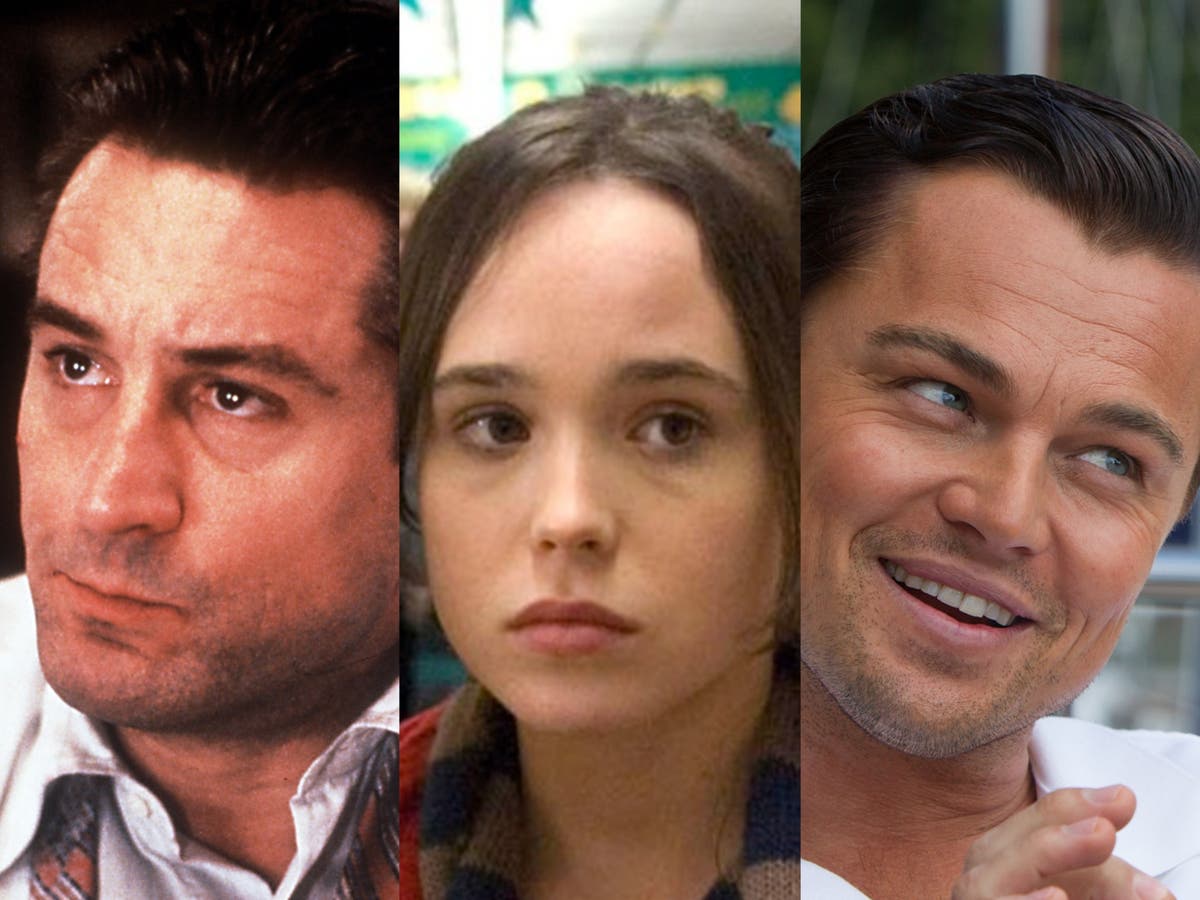
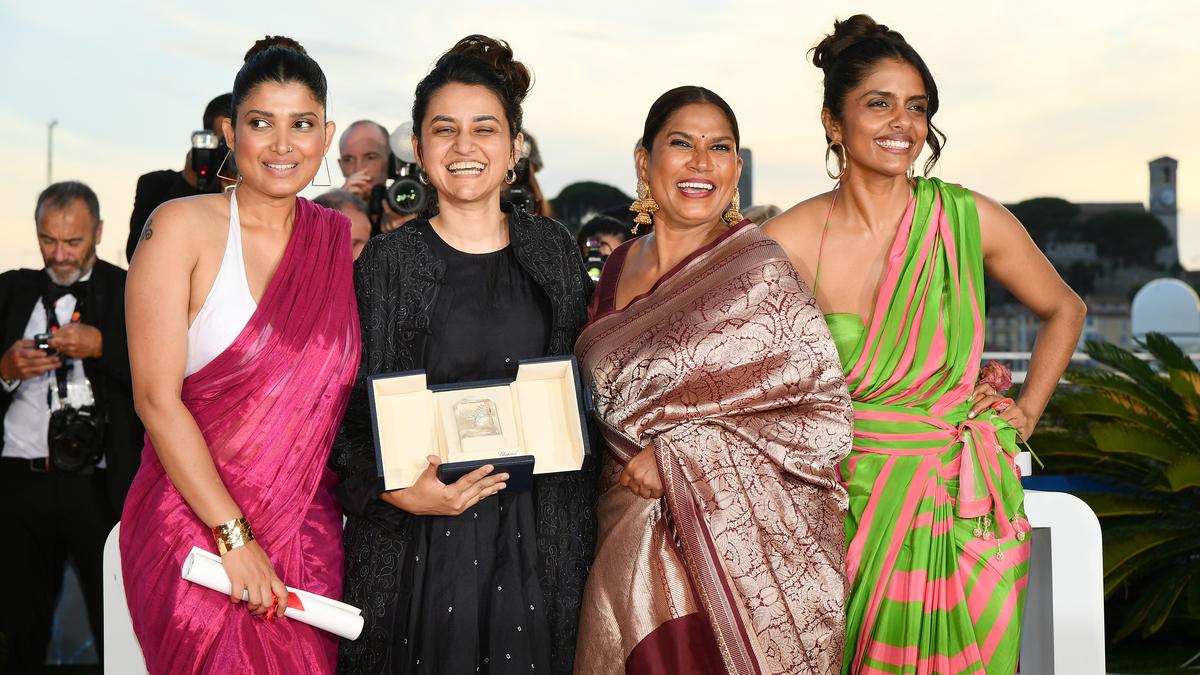




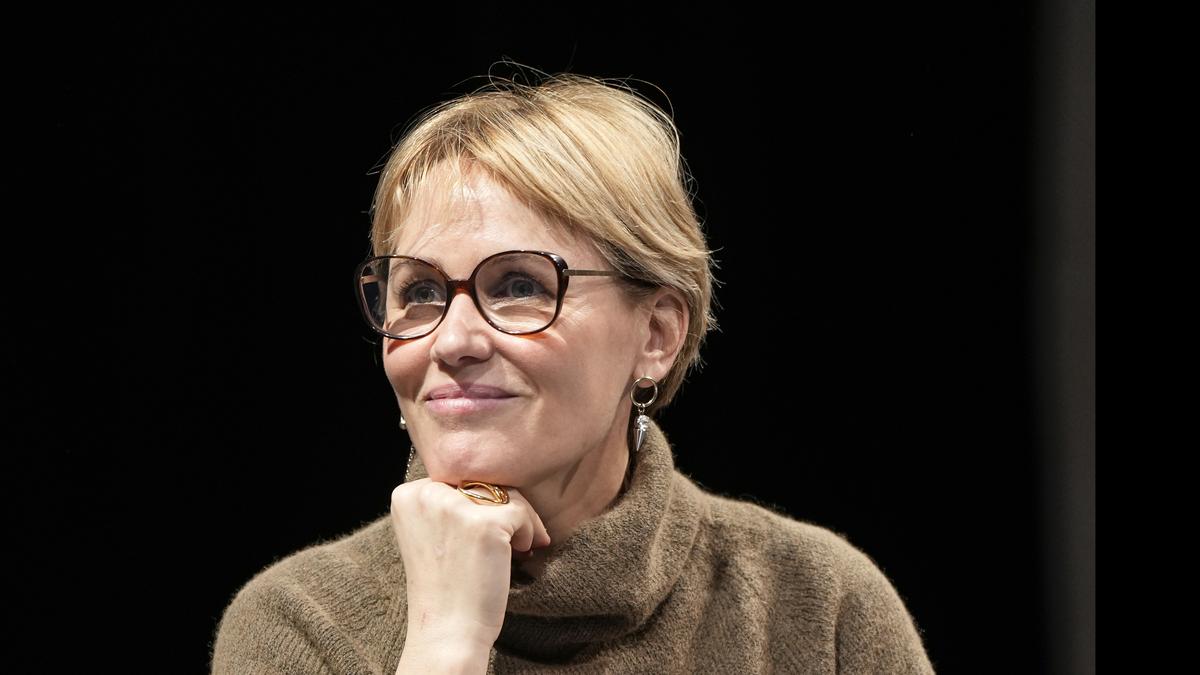

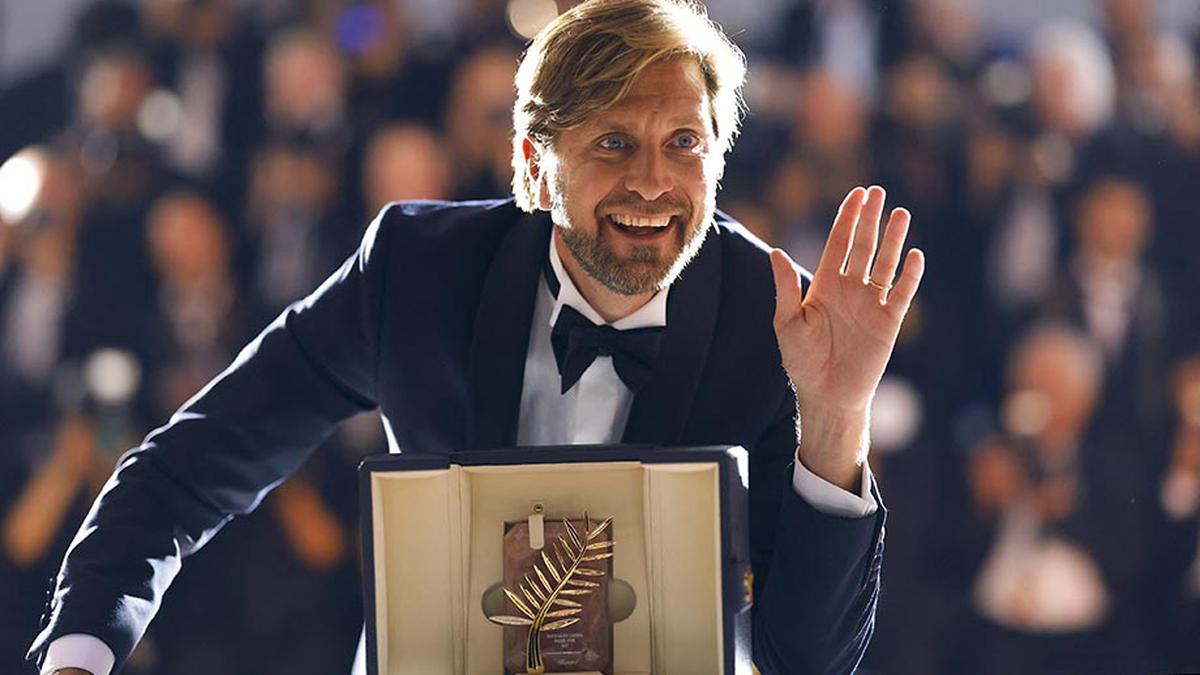
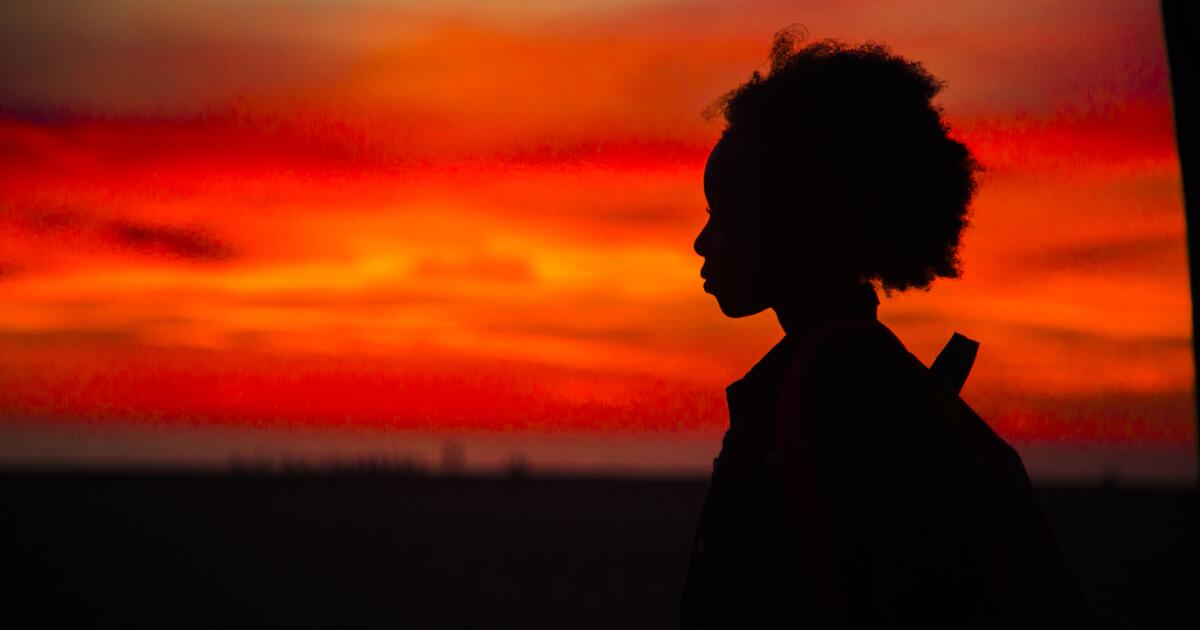



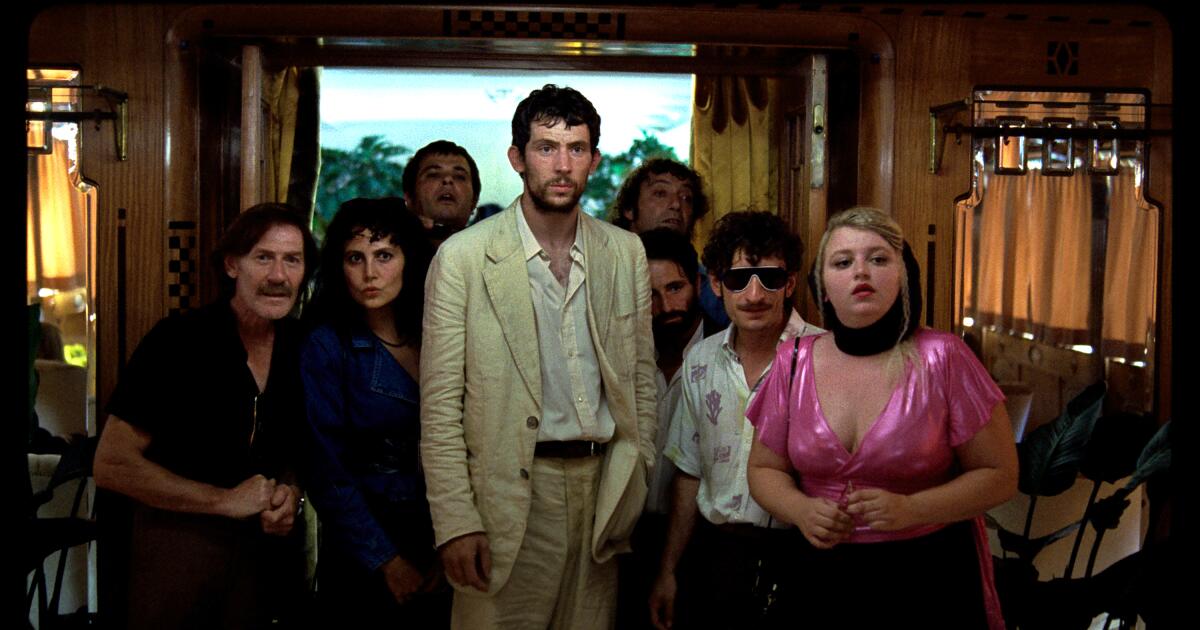
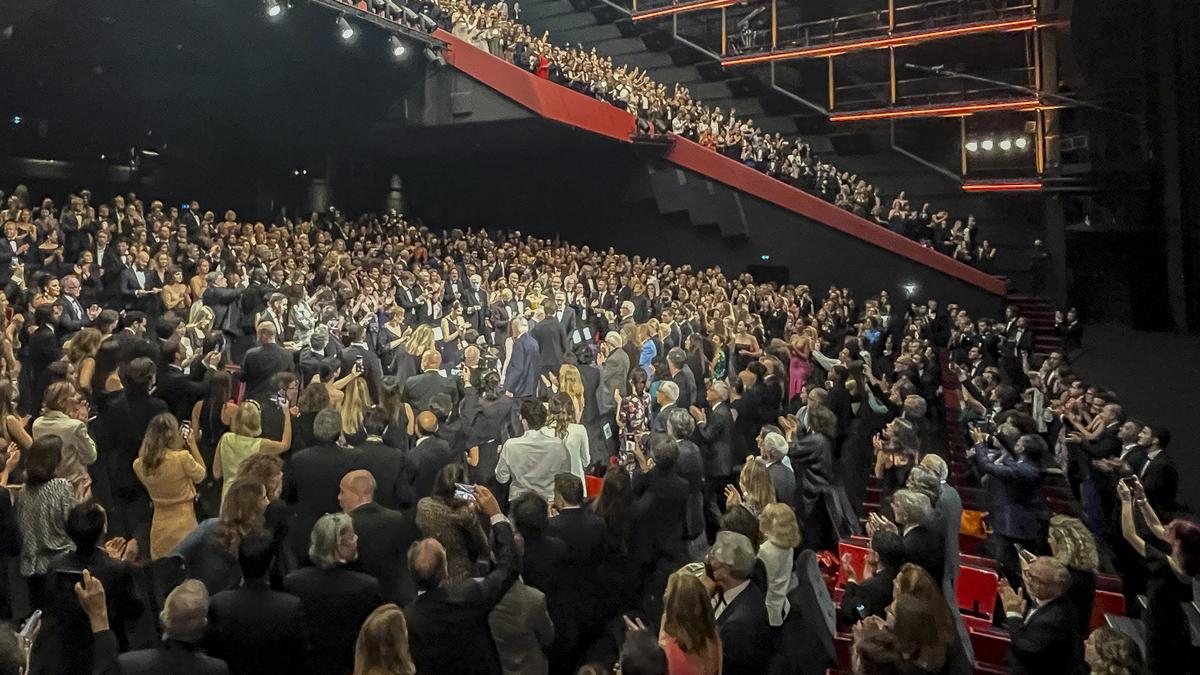


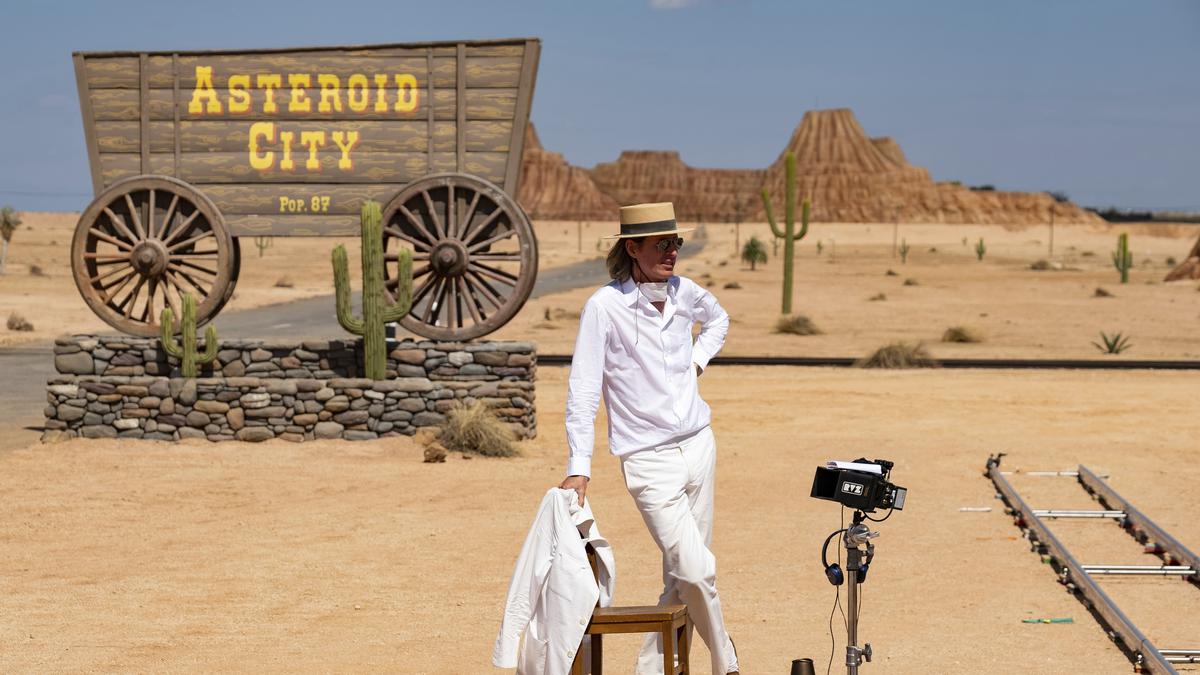
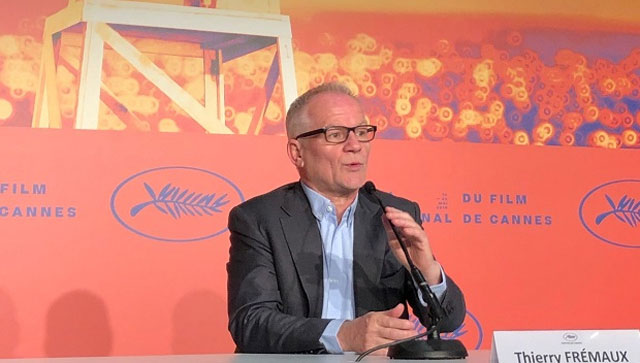)
)



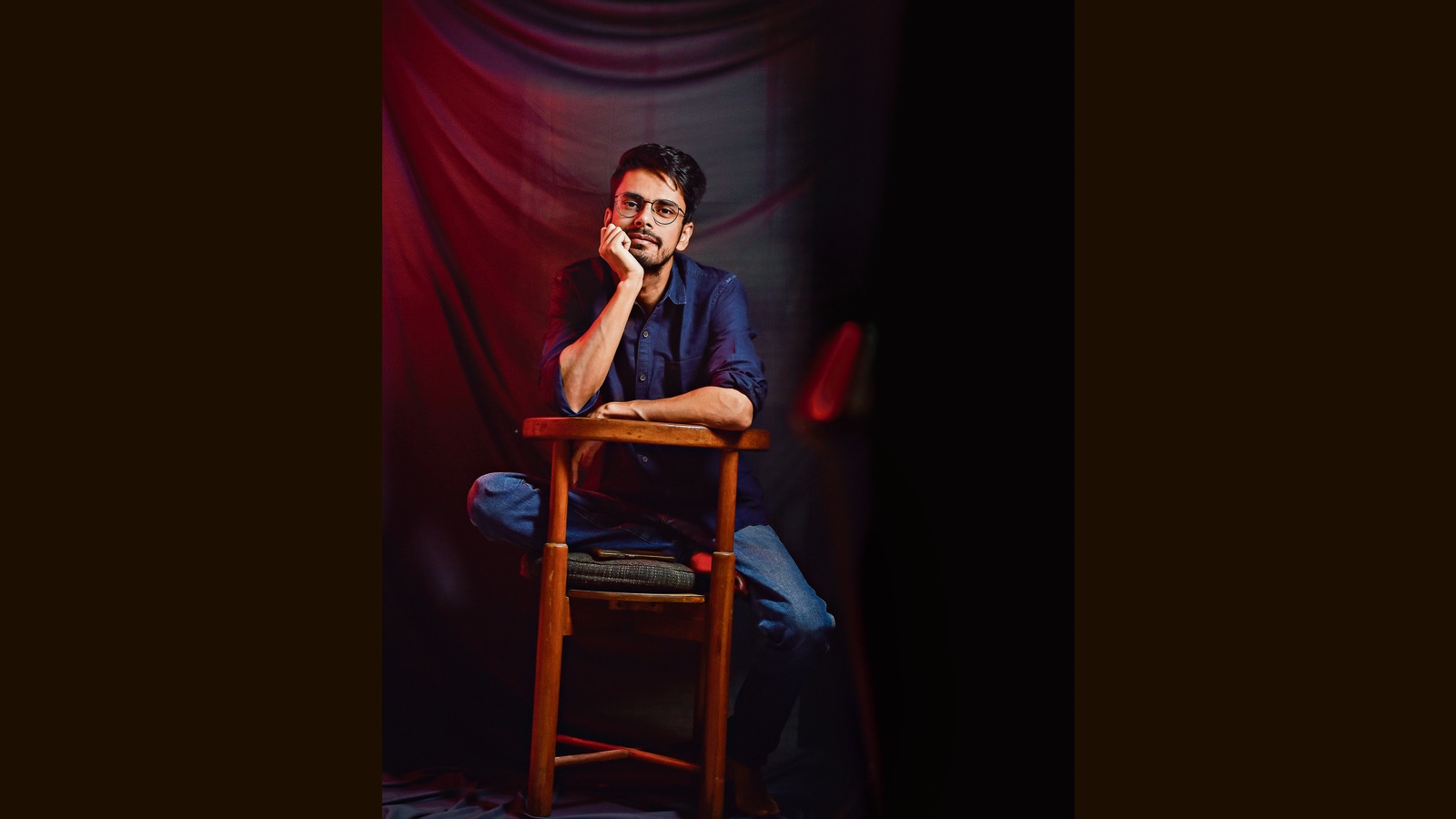




)
)



